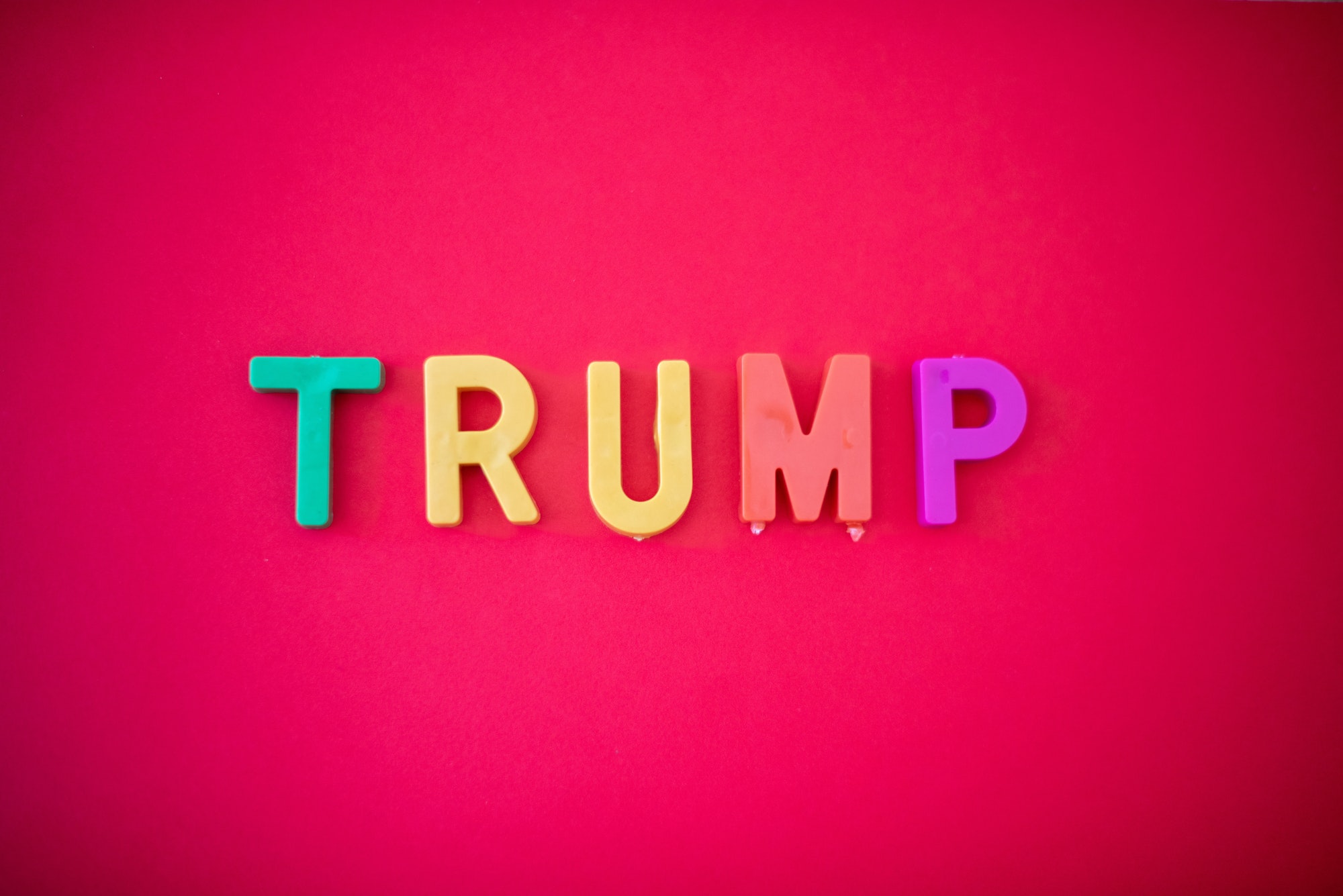What’s This Case All About?
Alright, let’s talk about this big court case that’s been all over the news. Donald Trump, the former US President, was sued by E Jean Carroll, a well-known columnist. A jury in New York decided that Trump needs to pay Carroll a whopping $83.3 million because he defamed her (basically, he said stuff that harmed her reputation) in 2019. This case is super important because it’s not just about these two people; it’s about bigger things like freedom of speech and how famous people can influence what we think and talk about.

Why the Jury’s Decision is a Big Deal
Why Trump Has to Pay So Much Money
The jury said Trump should pay Carroll $18.3 million for the actual harm done to her (like hurting her feelings and reputation), and another $65 million as a sort of punishment, to warn him and others not to do something like this again.
Trump’s Not Happy About It
Trump is pretty mad about the decision. He’s calling the whole thing unfair and wants to challenge the verdict. This is interesting because it shows how tricky it can be when famous people are in legal trouble, especially when it involves something as important as freedom of speech.
Let’s Dive Deeper into the Trial
What Started the Whole Thing
Carroll accused Trump of assaulting her back in the 1990s and then sued him for defamation in 2019 when he denied it. The jury’s decision isn’t just about the money; it’s also sending a message that even powerful people can be held responsible for what they say.

Trump’s Side of the Story
Trump completely denies Carroll’s accusations. He’s been very vocal about this, both in court and on social media, like his platform Truth Social. Understanding what Trump says and how he defends himself is key to getting the full picture of this case.
How This Affects Carroll and Everyone Else
This lawsuit is a big deal not only for Carroll but also for everyone watching. It shows how much impact these kinds of cases can have on a person’s reputation and how they shape our conversations, especially in today’s world where social media plays a huge role.
Wrapping It Up
So, this whole Trump vs Carroll defamation case is more than just a fight about money. It’s a real-life example of how famous people, legal issues, and our rights to speak freely all collide. As more happens in this case, it’s definitely going to be something everyone keeps talking about, whether you’re into law, politics, or just following the news.

FAQ: Trump vs Carroll $83.3m Defamation Case
1. Why did E Jean Carroll sue Donald Trump?
E Jean Carroll sued Donald Trump for defamation, which means she claimed he damaged her reputation by denying her allegations of sexual assault against him from the 1990s. When Trump publicly denied these claims in 2019, Carroll took legal action against him.
2. What’s the difference between compensatory and punitive damages?
Compensatory damages are money awarded to compensate for actual harm done, like emotional distress or harm to reputation. Punitive damages are meant to punish the person who did wrong and to discourage them and others from doing similar things in the future. In this case, Carroll was awarded compensatory damages for the harm she suffered and punitive damages as a deterrent against Trump.
3. What is Donald Trump’s response to the verdict?
Donald Trump is not happy with the jury’s decision. He’s called the case unfair and is planning to appeal the verdict. He maintains his innocence and continues to deny the allegations made by Carroll.
4. How does this case affect freedom of speech?
This case raises questions about freedom of speech, especially when it involves public figures. It’s a fine line between protecting someone’s reputation and the right to speak freely. This case could set a precedent for how defamation is handled, especially in the context of high-profile figures.
5. Why is this case important beyond the courtroom?
The Trump vs Carroll case is significant not just for the individuals involved but also for its wider implications. It shows how powerful people can be held accountable for their words and actions. It also highlights the impact of social media and public statements on individual reputations and public discourse. The case is a crucial point of reference for understanding the relationship between public figures, the media, and legal responsibility.
Sources BBC


